THE PLANET PRESENTS, “THE PERFECT SUMMER VACATION,” plus, A REVIEW OF “THE TREE OF LIFE,” TERRENCE MALICK’S BRILLIANT, KUBRICK-ESQUE EXAMINATION OF SUFFERING, THE HUMAN CONDITION
By DAN VALENTI
(FORTRESS OF SOLITUDE, June 28, 2011) — Looking for the perfect summer vacation? The Planet knows what it looks like. We articulate herein, from the pen of our “Family” correspondent, Felix Carroll. Then, we present a review of the most “visual” and poetic motion picture The Planet has seen since Stanley Kubrick’s 2001: A Space Odyssey.
The film Tree of Life is unlike any of the special effects bubble gum that has made movie going to boring (there are only three types of films being made: Guy Flicks [explosions, gun fire, murders], Dumb Flicks [juvenile humor, moronic writing], and Caranima Flicks [cartoons-animation made disturbingly “perfect” by computers]. It’s a film, finally, for adults with attention spans longer than texting.
The greatest family vacation ever …
By FELIX CARROLL
PLANET VALENTI Family
The greatest family vacation ever …
… would first and foremost be devoid of vomit.
Leaving would feel like a foot rub for fettered feet.
The neighbors would be counted on to feed the cat. In fact, they could have the cat. You would finally admit you hate the cat, all of you, as you pull down the road.
You would be pointed to a vanishing point that would hold the promise of archeological discoveries of ancient times when you knew how to boogie.
Leaving would be like the first sip of cold beer after digging a ditch.
Heads would extend out from open windows even if a cop were on your tail, even if traveling by air. But you would not be traveling by air, would you? No. You would be traveling by car, far enough to feel like an adventure, but close enough … close enough … close enough for what? You would wish to avoid feeling as if you and your family were on the lam. If you started pointing to places on maps, places you cannot pronounce, then you would need more than a vacation. You would need a new life, and there’s nothing relaxing about creating a new life. The kids would vomit a lot.
Maybe you would travel on an unfamiliar road where the townies don’t make you feel like a water buffalo in a koi pond, like you’re breaking and entering. You would imagine gleefully that vacationers from elsewhere are now traveling along your road back home feeling the same thing.
If it’s a familiar road, it would have strange shops you would look forward to visiting each year, because they all sell exactly the same thing, like maybe huge, blow-up flotation devices at wildly discounted prices. And each year you would wonder aloud if the shop owners get into fist fights at the quarterly chamber of commerce meetings or maybe the shops are all connected by an underground tunnel system owned by one man, a very strange man.
The road wouldn’t have big box stores, because big box stores cause you distress, a distress you hope to pass on to your offspring. If the road does have big box stores, together with the kids you would imagine you have a dashboard-mounted laser gun that can make big box stores disappear. The laser would emit a comforting, low-grade hum, like sending a fax to Kingdom Come. All gone. Then, this giant, tree-covered green toupee would fall to the earth and take their place. And you’d toss in a few cows to hold it all down like paperweights. All in all, it would be a clean operation. No one would get hurt.
You would agree that GPS will never be any fun until it can direct you to places you never knew existed. Like maybe a left into a roadless swamp where you meet a pack of pixies who share tiny cups of who-knows-what, but it’s tasty. You would bid them farewell. They would push you back onto asphalt. You would remark how, pound for pound, pixies must be the toughest creatures on earth.
You would make jokes about going to an exclusive beach resort where cocktail blenders serve as double agents to drown out the distant noise of civil uprising.
Someone would make jokes about leaky tents. Wait! “Let’s go camping!” You would promise to pack a wine screw. You would be unanimously shot down. You would not wallow in self-pity.
The talk would turn to a beach vacation. You would be fearful the children would imagine a scene from Berenstain Bears, all of you bounding down from a cedar-shingled beach house and jumping into the water without another soul around. You would worry about unrealistic expectations, gazillion-dollar rentals. An isolated beach would require Hollywood-style site preparation, maybe a neutron bomb.
You would realize your dark thoughts of laser beams and neutron bombs serve as unimpeachable proof of your need for a vacation.
Leaving would feel like a monsoon to a dirt-burrowed family of African lungfish. You would depart before dawn.
You would wind up at a motel somewhere half a mile inland in Rhode Island or something, a motel where the seagulls poop all over your car and you don’t care, and you’d find a lobster joint where everything is stupendously expensive and you don’t care, and the kids would swim in the indoor pool because it’s raining and they don’t care.
And two weeks home, you would finally download your photos and you would see yourselves all hamming it up for the lens, and you would think to yourself how much you really like these people and how, generally speaking, the fact that you’re a stupid clod is heavily offset by the realization you’re one lucky guy.
It’s the cat — the cat’s the problem.
————————————————————
TREE OF LIFE BRANCHES INTO POETRY
By DAN VALENTI
PLANET VALENTI Arts
One look at the theatrical release poster for The Tree of Life, now playing at the Triplex Cinema, tells you this film will be different. The poster consists of a pastiche of dazzling frame freezes from Terre“Where were you when I laid the earth’s foundation…while the morning stars sang together and all the sons of God shouted for joy?”nce Malick’s poetic rumination on The Big Questions.
No, that’s not a typo in the above paragraph. That’s a rhetorical sample of Malick’s poetic, non-linear style of filming Tree. The collage of images challenge filmgoers to raise their game. It is, in that sense, an example of what McLuhan called a “hot” medium, where the person receiving the message is required to do more work. Malick’s relentless, uncompromising approach restores hope as much as the film’s content.
The quote — from the Old Testament’s “Book of Job” — opens the film, God speaking. In the remainder of the film, Malick assumes the “voice” of God, presenting the most dazzling visuals put on a screen in decades.
FROM MACRO TO MICRO, A DIVINIZATION OF THE VIEWER
One watches Malick’s filming of the macro and micro — from galaxies being created to individual cells dividing — from an omniscient point of view, a divinization of the viewer that puts God’s “frame of reference” into our own.
The result resembles more than warmed-over Kubrick, as one critic dissed it. It’s also not “a humanized Kubrick,” as one laud phrased it. Malick clearly pays homage to Kubrick in the visuals, but he does so in a manner just reverent enough not to be fawning or, worse, satiric. This approach furnishes the film with its life. It’s Malick’s film, all the way.
TAKING ON THE BIG QUESTIONS
The plot lines plumb unevenly, deliberately and brilliantly so. At issue: death and grief. A Mrs. O’Brien (Jessica Chastain) receives a telegram in her suburban Texas home informing her that her 19-year-old son has died. She phones her husband (Brad Pitt). As only the death of a loved one can do, the O’Briens confront the meaning of life in light of our earth-bound mortality. We are born. We suffer. We die. Is that all there is? No, Malick answers. He affirms life.
Fast forward to present-day Houston. Architect Jack O’Brien wanders sadly and lonely through dehumanizing, monolithic glass skyscrapers. He sees workmen planting a tree. The image triggers a flood of emotion connected with his dead brother. In a conference room overlooking the downtown, Jack calls his father.
The image of the tree brings to mind a tree planted long ago, in the 1950s in the O’Brien’s small yard, when Jack was a toddler. It’s clear that Jack is still haunted by his brother’s death and by his own vanished childhood.
The core of the film takes place in Waco, Texas, in the 1950s, where the O’Briens marry and start a family. Mr. O’Brien works in an oil refinery but regrets that he walked out on a career as a pianist. He invents and patents gadgets, but he fails to sell any. He wants success and drives his eldest son, Jack, in a manner that mixes stern and nearly abusive direction with the most tender and deep fatherly love.
The O’Brien boys experience the innocence and joy of the 1950s, horsing around with each other and having as their footing their stay-at-home mom and their hard-working dad. All is not well, though, and, as Tolstoy once famously observed, all families are dysfunctional in their own way. Jack approaches adolescence. He begins to experience distance from his brothers and parents, especially his dad.
When Mr. O’Brien loses his job when the oil plant closes, family tensions rise. His wife comforts him, but he also begins arguing with his quiet, mostly submissive spouse. Jack begins to take out his anger smashing garbage cans, breaking windows, and by sneaking into a neighbor’s home. He steals a woman’s night gown, and puzzles over the fact that this lacy, effeminate apparel now has an erotic appeal that it didn’t only a year or two before. Jack is growing up.
LIFE GOES ON
Back as an adult, Jack finds himself at a mysterious beach. The sand provides an inviting floor. The ocean pulsates. He walks through a driftwood doorway, and he enters what can only be heaven. He meets his father, mother, dead brother, and many other people from his youth in Waco.
The film closes as it begins, with a flickering orange-blue flame, the flame of life that cannot be extinguished, not even by death. As Mrs. O’Brien’s sister says as she’s trying to comfort her sibling, “Life goes on.” That can serve as Malick’s controlling idea.
The plot description doesn’t do justice to Malick’s handling of the narrative. He proceeds non-linearly, with Jack asking philosophical, spiritual, and existential questions in voice over. In a visually stunning middle section, Malick brings up to the creation of the universe, following galaxies rotating and suns exploding. He films microbial life then treats the viewers to a breathtaking sequence from prehistory.
It’s no accident that the visuals look “real,” that is, organic. The director largely eschewed computers and did the special effects the old fashioned way. He hired Berkshire County’s Doug Trumbull to film the galactic scenes using the same analog methods Trumbull developed for Kubrick in 2001. Trumbull’s work alone is worth the price of a ticket (though nothing can justify the ridiculous amounts cinemas charge for popcorn, candy, and soda).
THE PLANET rates The Tree of Life ***** — that’s five stars out of five.
————————————–
ALL FOR NOW. MORE LATER.
“OPEN THE WINDOW, AUNT MILLIE”
LOVE TO ALL.




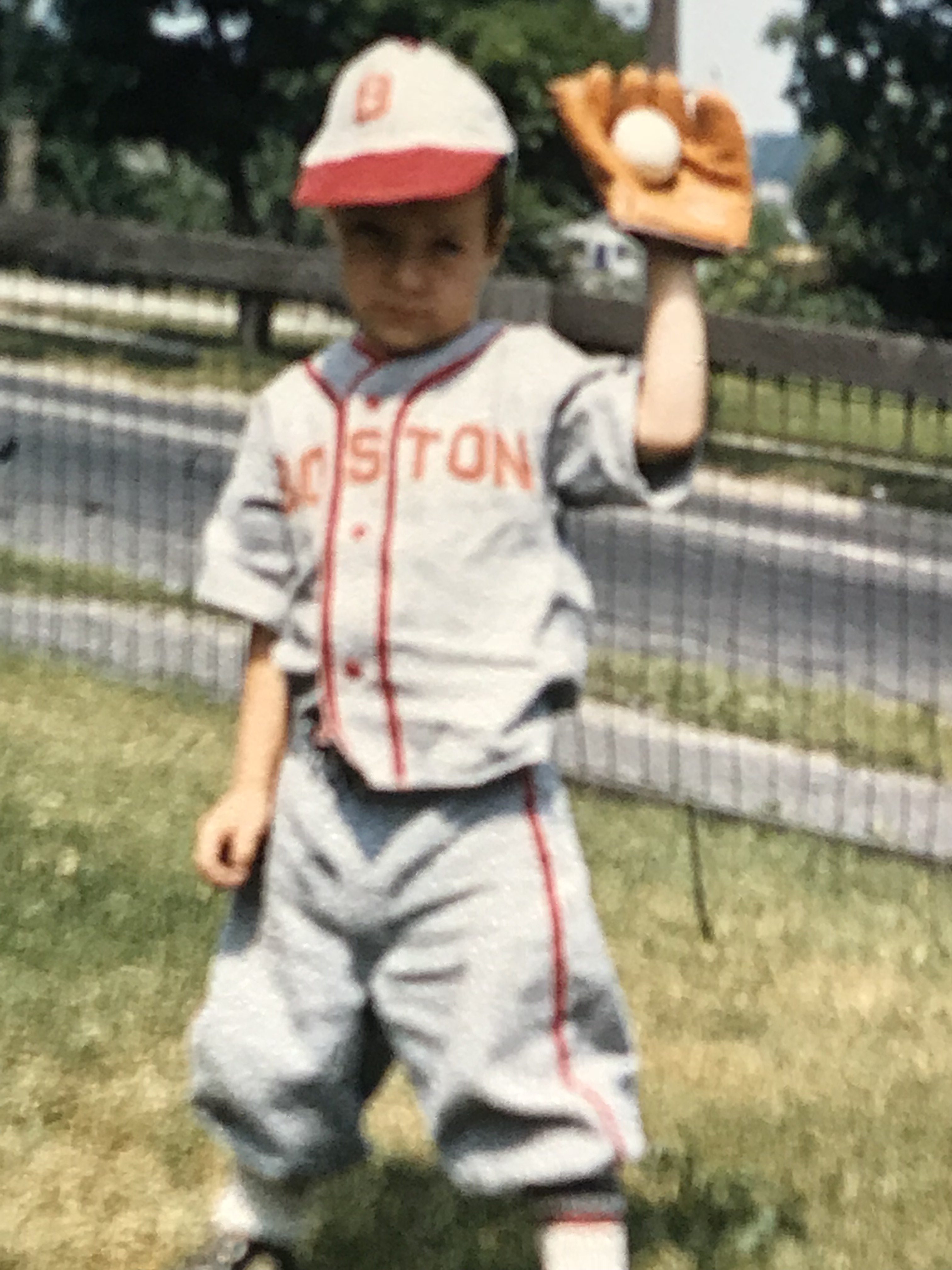


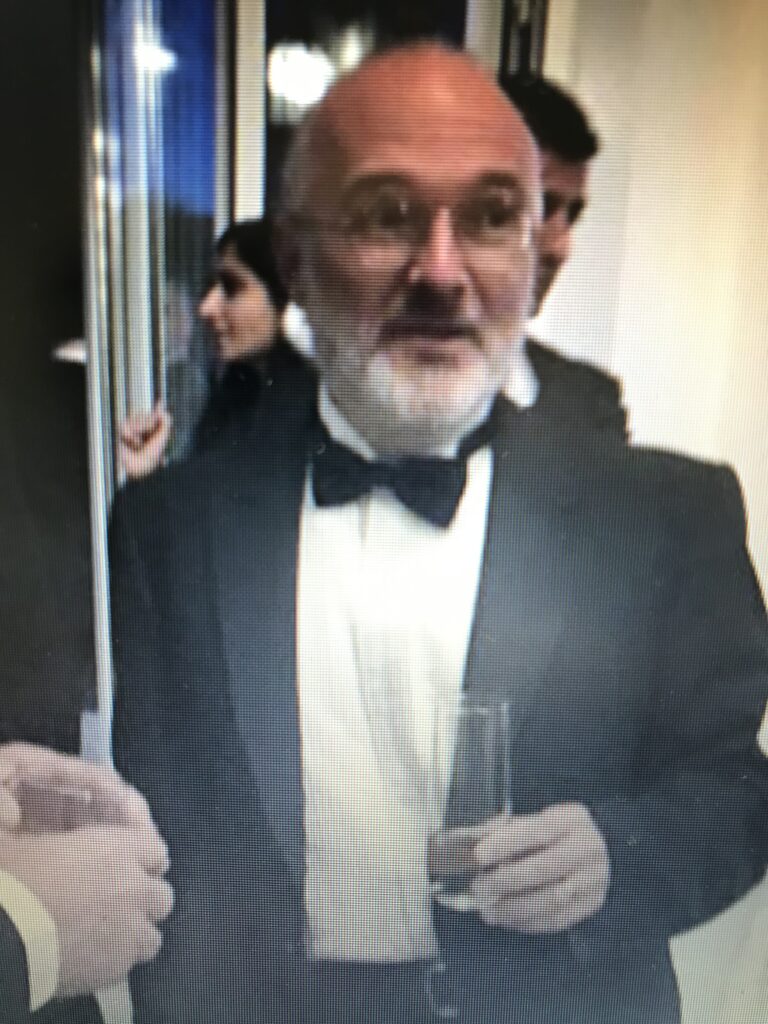

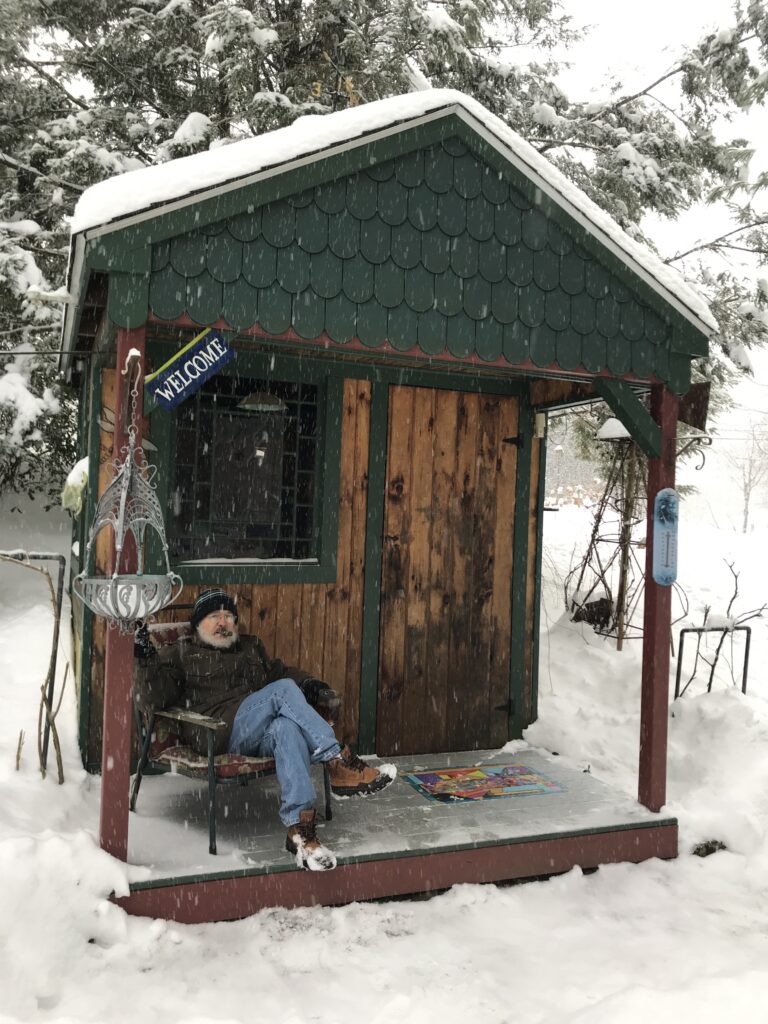
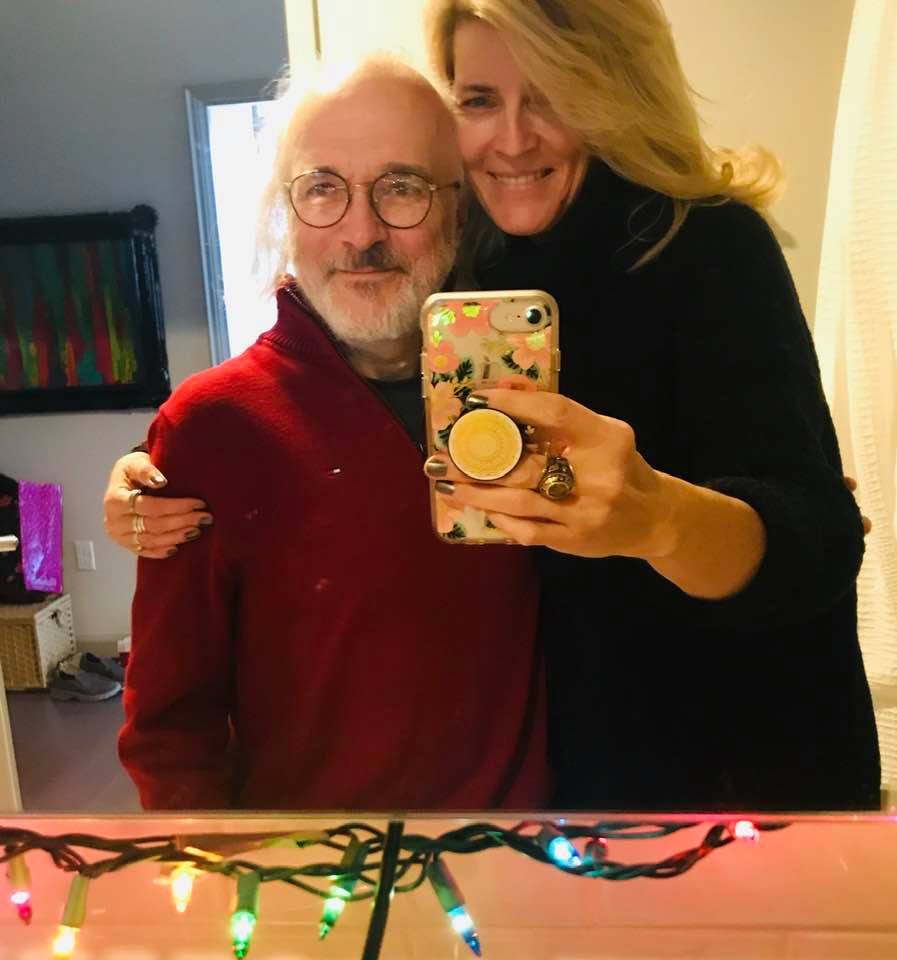
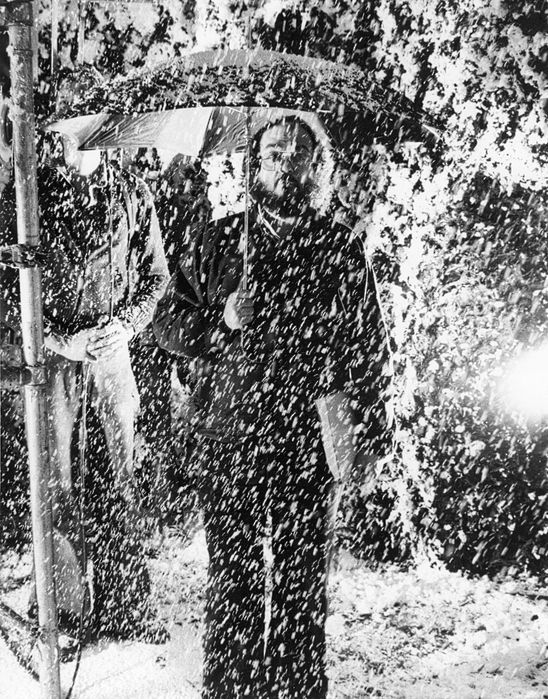



Splended behavior!